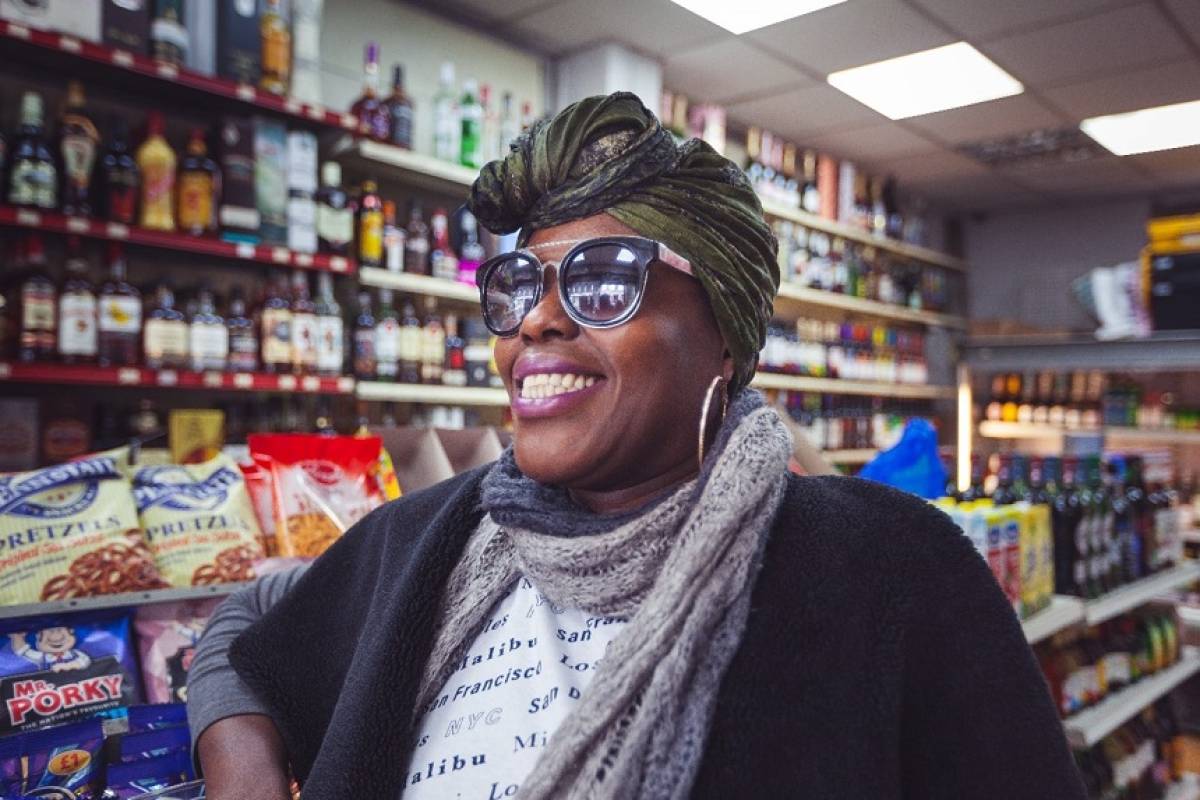How the Pandemic Unlocked a New Customer Base for Small Businesses

During lockdown, there was no question that SME businesses and local traders were hit hard. Around 80% of small and medium-sized enterprises in the UK have seen a revenue impact in the last few months due to the impact of the Covid-19 crisis and the subsequent lockdown.
Despite this, many local businesses have made it through extremely testing times and now have a stronger, and more loyal, customer base than ever before.
In the height of lockdown, many consumers began to see it as their duty to help support local businesses and see them thrive against all odds. And there were various ways in which people supported, and are still supporting, local businesses such as pubs, bars, and cafes.
In one survey, 36% of people said that they’d supported local enterprises by utilizing their takeaway/delivery services and 30% said they had purchased vouchers; 29% said that they had recommended their favourite businesses to friends and family, and 20% said that they’d donated to a few online fundraising initiatives.
Evidently, people were willing to make the shift to shopping local at the beginning of lockdown and, thanks to this, many small traders have a thriving new customer base.
The question now, as we move forward into uncharted territory, is how can traders retain and capitalize on this customer base?
Top Tips for SMEs to Capitalize on a Local Customer Base
Read on to discover our top five tips.
1. Use your delivery experience as a new marketing channel
In the initial phases of lockdown, most small businesses were prompted to adapt their business. For many, this meant offering online delivery options instead of in-person services.
Even though people are able to visit places in person once more, it’s important that you continue to offer an alternative, as this could also work as a new marketing channel for your business.
Omnichannel marketing is the concept of providing customers with an integrated shopping experience, including both online and in-person shopping. During times when many people are still dependant on ordering products online, work to solidify your brand as the go-to home delivery service in the area, and your business will continue to grow.
To create a truly memorable delivery experience, consider compliment slip printing as a way to add a personal touch for customers.
2. Create an agile strategy and be ready to adapt
In one survey, it was revealed that 28% of SME businesses doubted their ability to sustain their supply chains, while 24% were concerned about being able to successfully retain their employees. Evidently, a new strategy is needed for the majority of local businesses in the UK.
You may have been able to stay afloat thanks to customer loyalty during the initial stages of lockdown, but chances are that was partly because your business proved to be adaptable and you acted fast, thinking on your feet.
No one knows what the coming months will bring, so the ability to be flexible is essential for all local businesses. Listen to your customer base, respond to their needs and create an agile strategy around them rather than sticking to your pre-lockdown best practice.
Although it can be hard to budget for all of the small-business-essentials, your strategy should involve a marketing budget that allows you to interact with your customer base, keeping loyal customers engaged while attracting an even wider following.
3. Consistent communication is key
As your customer base has seen you through some difficult months, it’s likely that you already have a healthy social media following and consumers have been staying in the loop with everything you have on offer. So, what are the next steps?
Use your social media to keep people engaged. Be sure to consistently communicate with them and let them know all the exciting things that you’ve got coming up. By asking your followers to share your messages further, you’ll be able to reach a much wider customers base.
Now is the perfect time to run social media competitions in which you ask your followers to share a post and tag their friends. Communication is also essential right now because big changes could happen at any point.
Don’t leave your customers in the dark. Instead, always be clear on your opening hours, delivery options, and any special promotions that you’re running.
4. Express gratitude through loyalty schemes and offers
One of the best ways to capitalize on the customer base you were able to cultivate throughout the early stages of lockdown, is to show gratitude and thank them for their unwavering loyalty. What better way to do so than implementing a rewarding loyalty scheme?
Not only will this retain valuable customers, but if you incorporate it into your marketing efforts it will also attract new potential customers to come and reap the rewards of choosing your business.
5. Share your story
Finally, remember to maximize one of the main reasons why local customers chose to support you throughout lockdown instead of a much larger corporation: the emotion and ‘realness’ of a small, community-based business.
Share your lockdown story with your customers and don’t forget to thank them for the part they played in it.
Did your business step in to help others within your community during times of crisis? If so, incorporate that uplifting story into your marketing efforts and remind people that by supporting you, they’re not only helping one small business thrive, but also playing a real part for their community.
In conclusion
The future is unclear, but by being flexible, engaging your customers, and putting effort into both your digital and print marketing you will have the tools to continue to build your business up.
Small and independent businesses rely on their loyal customer base, so be sure to put your customers at the centre of your strategy.

![9 Tips for Managing Your Online Writing Projects Efficiently [node:titile]](/sites/default/files/styles/thumbnail_rectangle/public/open-book-laptop-online-writing-tips.jpeg?itok=iq4PIT7b)


















